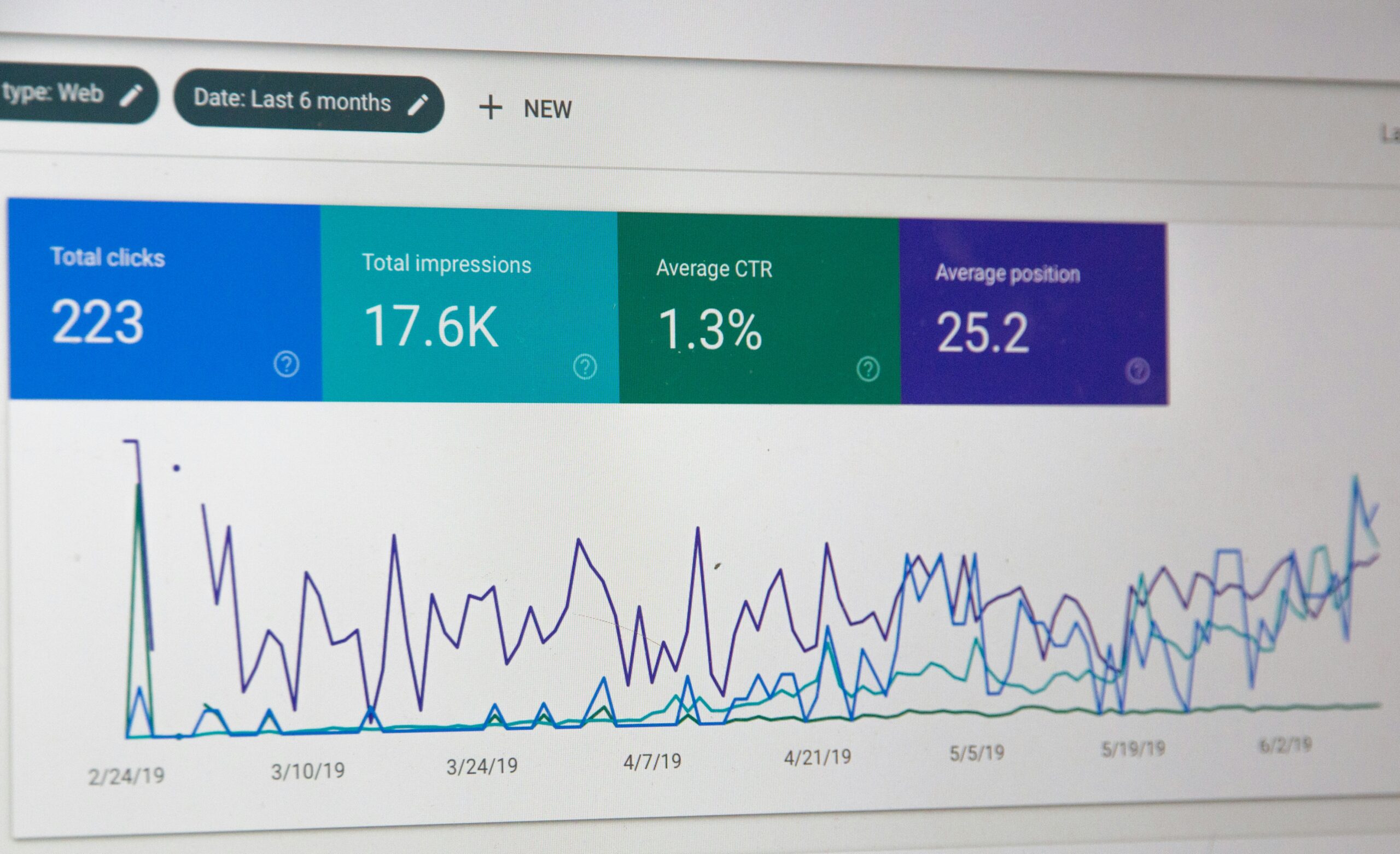Digital Marketing Manager
-
0 sales
- 30 views
- Save
0 /5.0
User reviewStrategic Campaign Planning and Execution:
- Develop and implement digital marketing strategies that amplify your mission and engage diverse audiences.
- Manage paid advertising campaigns across platforms, including Google Ads, Meta, Youtube, and other social, to maximize ROI.
- Continuously optimize campaign performance through A/B testing and data-driven insights.
Website Strategy and Optimization:
- Design and develop user-friendly websites that align with your brand and marketing goals.
- Optimize websites for performance, mobile responsiveness, and SEO to enhance visibility and user experience.
- Implement lead capture forms, landing pages, and call-to-action elements to drive conversions.
- Conduct regular updates and maintenance to ensure functionality and security.
- Leverage analytics tools to track website performance and provide actionable insights for improvement.
Email Marketing and CRM Management:
- Craft and execute email campaigns, including newsletters and targeted promotions, that resonate with your audience.
- Leverage segmentation and personalization strategies to drive engagement and conversions.
- Utilize CRM platforms like Mailchimp to manage leads and enhance marketing initiatives, including reporting, and lead management.
SEO, Analytics, and Reporting:
- Develop and implement SEO strategies to boost visibility and attract new audiences.
- Use tools like Google Analytics to track performance, uncover insights, and inform decision-making.
Digital Asset Management and Content Creation:
- Organize and maintain a centralized repository of digital assets to ensure brand consistency.
- Schedule and publish captivating social media campaigns across Instagram, Facebook, TikTok, and Pinterest.
Social Media Trends and Emerging Platforms:
- Stay ahead of the curve by adapting strategies to leverage emerging platforms and trends.
- Monitor and analyze social media metrics to refine campaigns and maximize engagement.
Performance Metrics and Impact:
- Define and measure success across key metrics like social media growth, engagement rates, and website traffic.
- Use insights from performance reviews to continually refine strategies and drive results.
Duration:
- Monthly recurring
- 2 week delivery will show details of plan of action
Tools:
- Semrush
- Google analytics
- Bitly
- Mailchimp
- Buffer
- SocialPilot
- Wordpress, wix, godaddy
- Canva, photoshop
- Trello, clickup
- Google docs
- Meta
- AI
What will we need to get started:
1. Business Information
- Business Overview: Name, location, mission, vision, and core values.
- Target Audience: Details about your ideal customer (demographics, interests, location, pain points).
- Unique Selling Proposition (USP): What sets the company apart from competitors.
2. Branding Assets
- Logo and Branding Guidelines: Fonts, colors, and styles to maintain brand consistency.
- Website Access: Admin credentials or permissions to manage SEO, analytics, and content.
- Social Media Accounts: Login credentials or admin access to platforms you use.
- Marketing Collateral: Brochures, flyers, and other promotional materials.
3. Goals and Objectives
- Marketing Goals: Specific objectives like increasing website traffic, generating leads, or boosting sales.
- Key Performance Indicators (KPIs): Metrics they want to track (e.g., conversion rate, ROI, engagement).
4. Content and Media
- Content Repository: Existing blogs, articles, videos, or photos.
- High-Quality Images/Videos: For use in ads, social media, or the website.
- Product or Service Descriptions: Detailed write-ups for creating marketing content.
5. Customer Insights
- Customer Database: Email lists, customer profiles, or CRM access (if applicable).
- Past Campaign Results: Insights from previous marketing efforts, what worked, and what didn’t.
- Customer Feedback: Testimonials, reviews, or case studies.
6. Competitor Information
- Competitor Analysis: Names of competitors to research their marketing strategies, and strengths/weaknesses.
7. Budget and Timeline
- Marketing Budget: Monthly or campaign-specific allocation.
- Timeline: Expected duration for campaigns and major milestones.
8. Tools and Analytics
- Access to Analytics Tools: Google Analytics, Google Search Console, or any other tools they use.
- Email Marketing Platforms: Credentials for tools like Mailchimp or Constant Contact (if applicable).
9. Permissions
- Ad Accounts: Access to Google Ads, Facebook Ads Manager, etc.
- Social Media: Scheduling app account login or I can create one.
Anything you cannot supply, I can put it together.
*No openings for agencies


